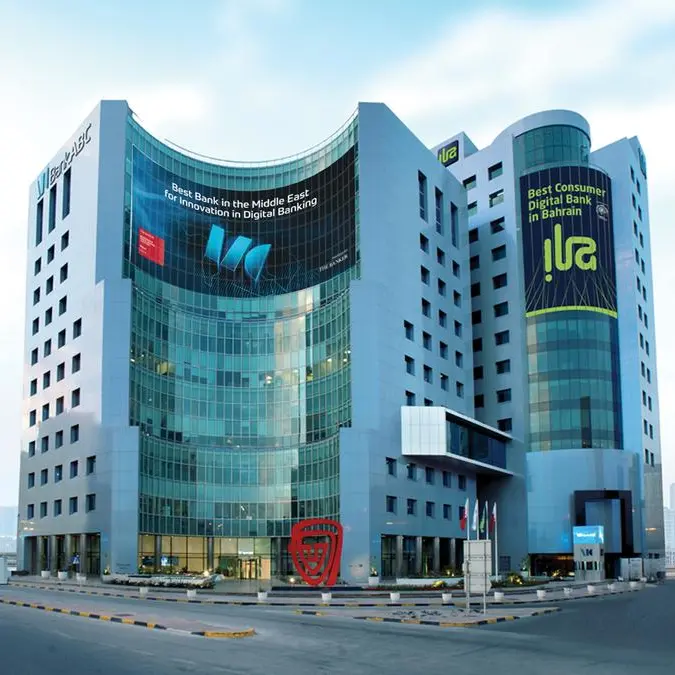PHOTO
Banks in Qatar are increasingly turning to foreign sources of funding due to a big demand for loans from projects related to the 2022 FIFA World Cup and economy diversification. However, this could potentially impact investor confidence, according to a report by Moody's Investors Service, which also observed that resident deposits have been stagnant, leading to a financing gap.
To fill the gap, Qatari banks have "turned to foreign sources of funding that are vulnerable to potential falls in investor confidence, and that could lead to rapid withdrawals and raise systemic risks," Moody's said.
While the Qatari government's willingness and ability to provide support in a crisis provides a backstop, high volumes of foreign funding create vulnerability.
Over the past four years, credit growth in Qatar averaged 9% annually against flat resident deposit growth, said Moody's. To bridge the funding gap, foreign liabilities at Qatari banks increased to a high 39% of total at the end of 2021. The banking sector's net foreign liabilities were $128 billion at end 2021, equivalent to 71% of nominal GDP1, up from 21% of GDP at the end of 2017.
Higher hydrocarbon prices increase domestic liquidity and will slow the pace of foreign funding growth, but external funding reliance will remain high.
Much of the foreign funding comes from price and confidence-sensitive investors and international private banking clients who are apt to pull out in the event of a shock. Additionally, overdependence on foreign funding can transmit and amplify shocks among banks and the economy as liquidity tightens, and potentially lead to borrower over-indebtedness.
To address the risk, banks are diversifying their funding sources and lengthening the maturity of foreign deposits. Funding liabilities maturing in more than one year rose to 31% of total liabilities at the end of 2020 from 12% in May 2017 and liquid assets covered a larger part of short-term liabilities. Longer maturities allow more time to adjust in a funding shock, the report said.
(Writing by Brinda Darasha; editing by Seban Scaria)





















